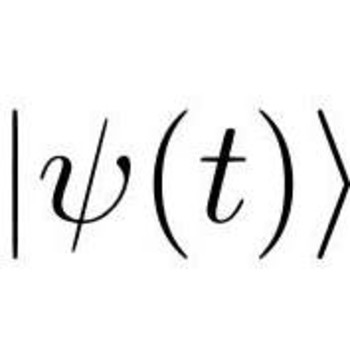How to convert 300 mL/hr to ML/min?
I don't know what ML/hr or ML/min means
I don't know what ML/hr or ML/min means
2 Answers
Explanation:
Well, if you have a rate of
That rate can also mean that a liquid is filling up a container at a rate of
Anyways, to convert from milliliters per hour to milliliters per minute, we just divide by
So, we got:
I'll show you below.
Explanation:
I remember seeing my HS chem teacher do something like this in monotone voice. "This cancels with this, and this cancels with this", on and on, and I was like, "wait, what?!"
First off, I'm going to assume ML is megaliters. I think that is right, but rarely use that unit.
We are going to get mL into ML (i'll go through L), and then hours into minutes.
This gets us into
because if you just do the units, you've got:
and this simplifies to
You need it per minute, so we'll sort that out down here.
We could have done the hour to minute all in one line:
but I like to break them up.
Hope that helps.


